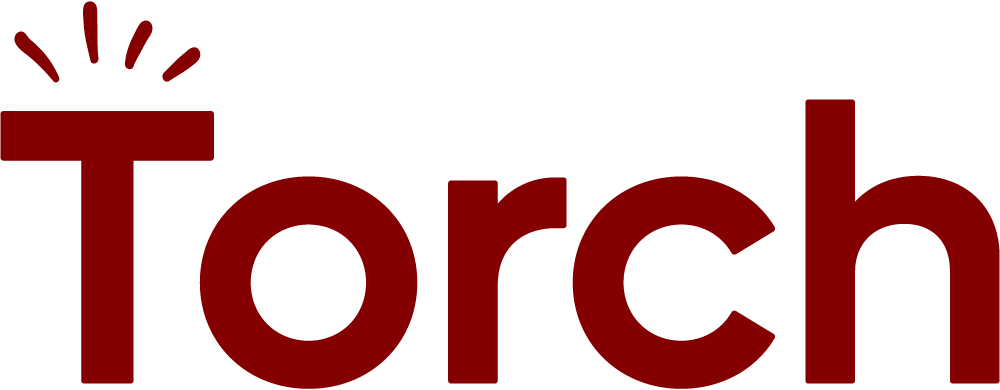Guide to Group Coaching 101
Many L&D programs target key business challenges, such as onboarding new managers or supporting leaders through periods of change, but there’s a missing component: learning through connection.
One of the most common programs, training, is effective at providing employees with knowledge and information. While other programs have different strengths, like in-person training, which offers peer connection but fails to deliver sustainable behavior change, 1:1 coaching is ideal for providing individualized support in developing and maintaining skills, but is also…individual. What completes the picture then, helping to support, cement, and sustain the learning from 1:1 coaching with the opportunity to connect and learn alongside their peers? Group coaching.
What is group coaching?
Group coaching leverages the resources and knowledge of a group of individuals who share experiences or identities. In group coaching, a qualified coach works with all members of a group in a collaborative setting. The participants share common goals or challenges that the coach and their peers help guide them through.
Importantly, group coaching is not training and does not focus on improving the dynamics of existing teams. Rather, the focus is on facilitated discussions and peer learning that help participants build critical skills while working through real-life scenarios.
When should group coaching be used?
Group coaching is most impactful for groups of employees who, regardless of what they are working on professionally, share a similar experience or identity–such as being a new manager, leading through a restructure, or becoming a parent. Beyond enabling participants to develop necessary shared skills, group coaching accelerates internal relationship development and network building within the group. This allows employees to build long-lasting internal support structures that serve them throughout their careers.
- -Some example of situations where group coaching is powerful include:
- -Employees are underperforming or missing key relational skills
- -Identifying and preparing employees for promotion
- -Managing low engagement and/or retention in underrepresented groups
- -Aligning newly hired leaders with organizational culture and standards
What are the benefits of group coaching?
Group coaching provides participants with the connection they need to feel supported and be held accountable for their behavior, all while accelerating growth by learning from their peers. There are four main reasons why HR leaders choose to incorporate group coaching into their L&D programs:
- Peer learning
Group coaching enables participants to solve problems and gain skills by sharing their own experiences and learning from other group members’ experiences. Torch’s group coaching is structured so participants spend the majority of sessions in facilitated discussions, rather than consuming content in a workshop-style environment. - Organizational alignment
Group coaching makes aligning employees around organizational objectives easy, and helps participants focus on building skills that help them succeed within your organization. For example, organizations running a new manager L&D program may want managers to develop skills related to a specific set of values. Torch’s group coaching programs ensure that participants receive the same coaching experience, with shared alignment around organizational goals. - Connection & belonging
Employees often end up working with a relatively small percentage of people within an organization, especially at enterprise companies. Group coaching provides participants with an opportunity to branch out beyond their teams and network with cross-functional colleagues that expand their professional support networks. - Complement to 1:1 coaching
While group coaching is not a replacement for 1:1 coaching, it does enrich the 1:1 coaching experience with all of the benefits mentioned above. Group coaching is recommended as a complement to 1:1 coaching in the majority of coaching use-cases, and can take place alongside 1:1, as peer support following 1:1, or as an intro before starting 1:1.

